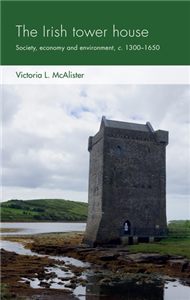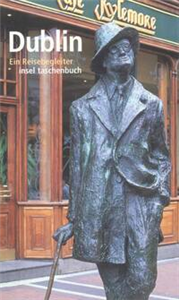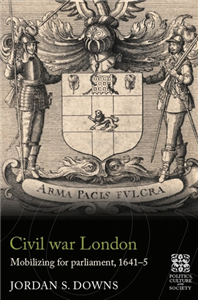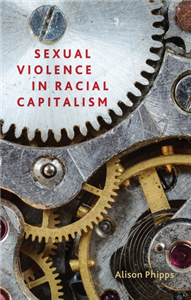Roman
Es ist ein ganzer Haufen Russen, den es zu Beginn der Neunziger in Amsterdam an Land gespült hat. Die Sowjetunion gibt es nicht mehr, die Grenzen sind durchlässiger geworden, aber Heimweh ist trotzdem ein Thema für diese Jungs, denen Puschkin-Büsten und Salzgurken inneren Halt geben, die ihre Tage auf dem pittoresken Rembrandtplein verbringen, wo sie Aquarelle an die Touristen verscherbeln, und ihre Nächte dem Studium des Wodkas widmen. Witali Kirillow ist einer von ihnen, der Mann mit den meergrünen Augen. Längst ist sein Visum abgelaufen, seit dem Tag, an dem er »illegal« wurde, fährt er vorsichtshalber in der Straßenbahn nicht mehr schwarz.
Doch das ist nicht das einzige Delikt in Witalis Leben. Acht Jahre zuvor, als Offizier an der sowjetisch-finnischen Grenze, hinderte er einen Kameraden nicht daran, sich in den Westen abzusetzen. Von der Familie gutmütig als »das größte Loch im eisernen Vorhang« verspottet, wurde er von der Armee hart bestraft. Seitdem läßt der Gedanke an den Flüchtling Witali nicht mehr los. Und schließlich, unterstützt von der rasant-energischen Jessie, macht er sich auf, um herauszufinden, was aus ihm geworden ist.
Nur zwei, drei Pinselstriche braucht Marente de Moor, um in ihrem Debütroman die unterschiedlichsten Viertel Amsterdams lebendig werden zu lassen und vor allem die russische Szene der Stadt zu porträtieren: lauter Charakterköpfe, die – hochsympathisch und besorgniserregend tiefgründig – ganz nebenbei verhandeln, was Grenze, was Identität, was Heimat bedeutet.
»Ein mitreißendes Bild – manchmal herrlich komisch, manchmal voller Nostalgie – von einem ungebärdigen Pulk Russen, die wie Schiffbrüchige in Amsterdam gestrandet sind.« Haarlems Dagblad





























